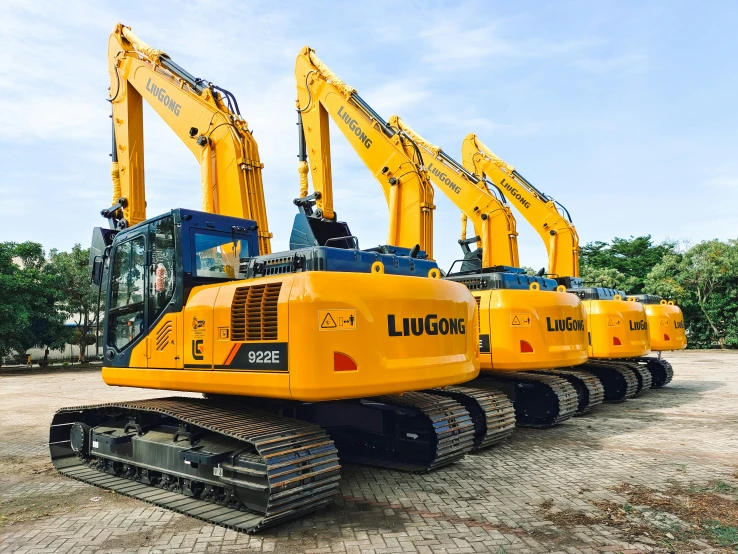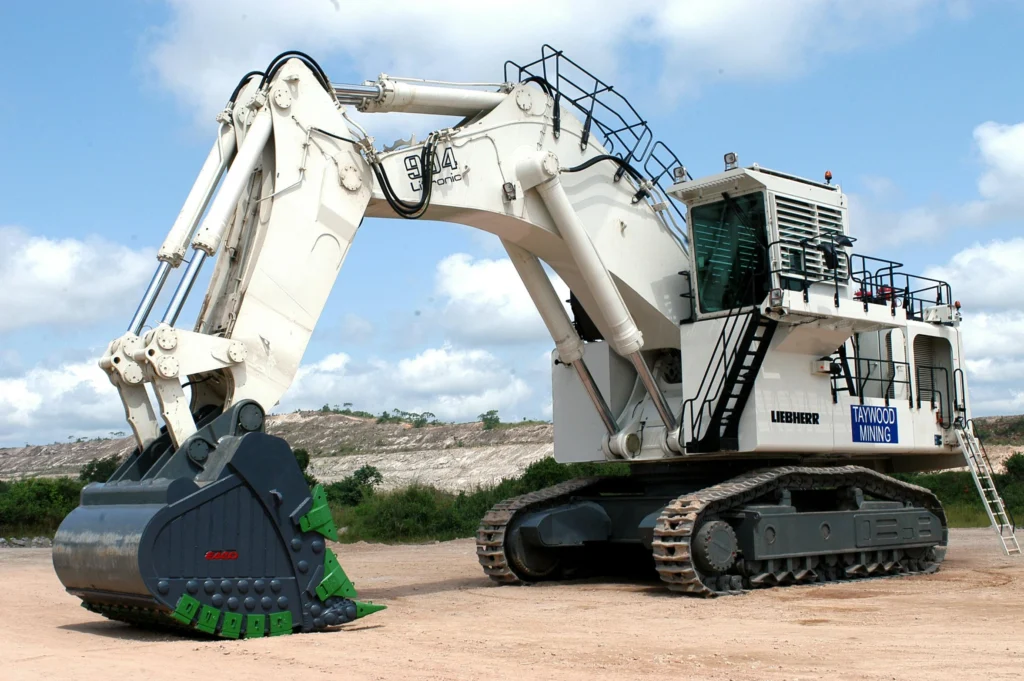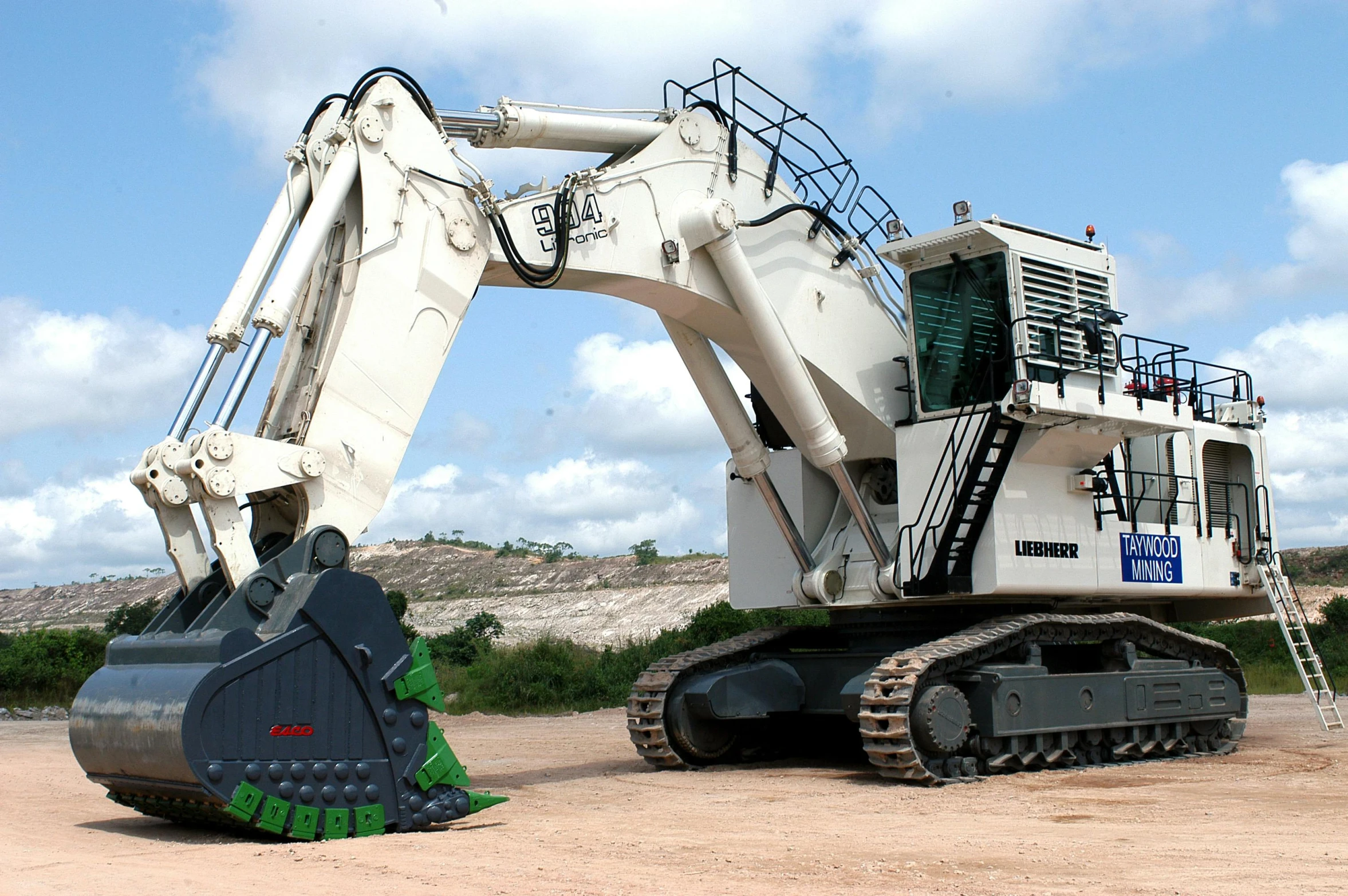1. Introduction
As a professional in the construction industry, I understand that excavators play an indispensable role in our work. Whether it’s earthworks, foundational construction, or demolition, the choice of excavator directly impacts project efficiency and costs. I have relied on various models of excavators in many projects, and their performance and reliability often determine the smoothness of our operations. Therefore, understanding excavator companies and their products will help me find the most suitable solution among numerous options. This article will explore leading global excavator companies, selection guidelines, market trends, and technological innovations to assist me in making informed purchasing decisions.
2. Notable Excavator Companies
In the excavator manufacturing industry, I have found several companies that stand out due to their exceptional product quality and service:
- CAT (Caterpillar): As one of the largest heavy equipment manufacturers globally, Caterpillar is known for its durability and technological innovation. In several projects I’ve participated in, using their equipment consistently delivers powerful performance and stability. Especially in harsh weather conditions, Caterpillar excavators excel. Additionally, their extensive after-sales service network ensures I receive prompt support when issues arise.
- Komatsu: Komatsu excavators are renowned for their excellent fuel efficiency and eco-friendly technology. During my use of Komatsu excavators, I noticed significantly lower fuel consumption over extended periods, which helped us effectively control project costs. Komatsu’s commitment to producing equipment that meets environmental standards aligns with my company’s sustainability goals.
- Hitachi: Hitachi excavators perform exceptionally well in large engineering projects, known for their high performance and reliability. In a mining project, I witnessed Hitachi equipment’s robust digging capabilities, easily handling large quantities of material, greatly enhancing work efficiency.
- Volvo: Volvo is recognized for its focus on safety and comfort. When using Volvo excavators, operators have reported that the equipment design is very user-friendly, reducing fatigue during long work hours. Moreover, Volvo’s efforts in sustainability make their products even more appealing to me.

3. Excavator Company Selection Guide
When choosing an excavator company, I consider several important factors:
- Product Quality and Reliability: I delve into company products and their market reputation. Reviewing industry reports and customer feedback provides a comprehensive assessment of equipment durability and performance. For instance, I often consult third-party evaluations and user forums for authentic insights.
- After-sales Service and Support: A strong after-sales service network is crucial when selecting equipment. I want to ensure that the company can offer timely repairs, maintenance, and technical support to minimize the risks of equipment failures. In past projects, reliable after-sales service has allowed me to quickly resolve issues, avoiding delays in schedules.
- Price and Budget: After setting a budget, I compare quotes and equipment configurations from different companies to find the best value for money. I also pay attention to hidden costs, such as transportation, installation, and maintenance fees, ensuring I make the best choice within the overall budget.
4. Types of Excavator Products
Excavators come in various types, suitable for different construction needs. In my projects, I frequently use the following types:
- Mini Excavators: These machines are typically lightweight, ideal for tight spaces and urban environments. While performing landscaping and pipe laying, the flexibility and ease of operation of mini excavators have impressed me, significantly enhancing work efficiency.
- Medium Excavators: Medium excavators provide greater power and a larger working range, suitable for mid-sized construction projects. I used medium excavators in a residential development project, where their stability and efficiency ensured the project was completed on time, satisfying the client.
- Large Excavators: These are used for heavy-duty projects, such as mining and large earthworks, capable of handling significant amounts of material. In large earthmoving projects, I opted for large excavators, and their powerful digging capabilities allowed us to progress swiftly, ensuring smooth project execution.
- Wheeled and Tracked Excavators: Wheeled excavators are suitable for urban environments due to their flexibility and ease of transport; tracked excavators perform better in muddy or rugged terrains, offering greater stability. When selecting equipment, I consider the specific conditions of the construction site to choose the most effective wheeled or tracked excavator.
5. Technological Innovations in Excavators
In the modern excavator industry, I have witnessed numerous technological innovations that have transformed our working methods:
- Automated and Intelligent Excavators: More excavators are equipped with smart control systems that enable automated operation, reducing the need for manpower. I have experienced using these intelligent devices, which indeed enhance construction efficiency and reduce operational risks. For instance, certain excavators can automatically adjust digging depth and angle, significantly reducing the likelihood of human error.
- Fuel Efficiency and Eco-friendly Technologies: The latest generation of excavators is more energy-efficient and complies with strict environmental regulations. When selecting equipment, I particularly focus on these eco-friendly features, as they not only help lower operating costs but also align with the sustainability goals of my company. Using environmentally friendly equipment allows us to stand out in the market and attract more environmentally conscious clients.
6. Market Trends of Excavator Companies
From my observations in the excavator industry, several notable market trends have emerged:
- Market Demand and Growth Opportunities: With increasing investments in infrastructure, the excavator market is rapidly growing. Particularly in developing countries, accelerated urbanization is driving demand for construction equipment, providing us with more project opportunities while prompting us to update our equipment to adapt to market changes.
- Regional Market Differences: Demand and technical standards may vary across different regions. For example, developed countries may focus more on environmental concerns and technological innovation, while developing countries prioritize equipment durability and cost-effectiveness. When selecting suppliers, I consider these market differences to formulate appropriate procurement strategies.
7. Customer Evaluations of Excavator Companies
Evaluating the reputation of excavator companies is crucial, and I typically do so through the following methods:
- Customer Feedback and Case Studies: Reviewing customer evaluations and success stories helps me understand a company’s actual performance. I often look for insights from other contractors online to make better choices. Engaging with colleagues also allows me to gather more industry information and product recommendations.
- Industry Certifications and Awards: Industry certifications and awards often reflect a company’s professionalism and market recognition. I tend to choose brands that have received accolades, as this reduces procurement risks. Certifications signal a company’s commitment to product quality, which is an important indicator for me.
8. Conclusion
Choosing the right excavator company is crucial for the success of a project. By understanding different companies’ products, services, and market trends, I can make more informed decisions. As industry technology continues to evolve, I believe that future innovations from excavator companies will consistently enhance construction efficiency and safety.
I hope this article provides valuable insights to assist you in selecting an excavator company, helping you successfully complete various construction projects! If you have any questions or need further information, feel free to reach out to me.



